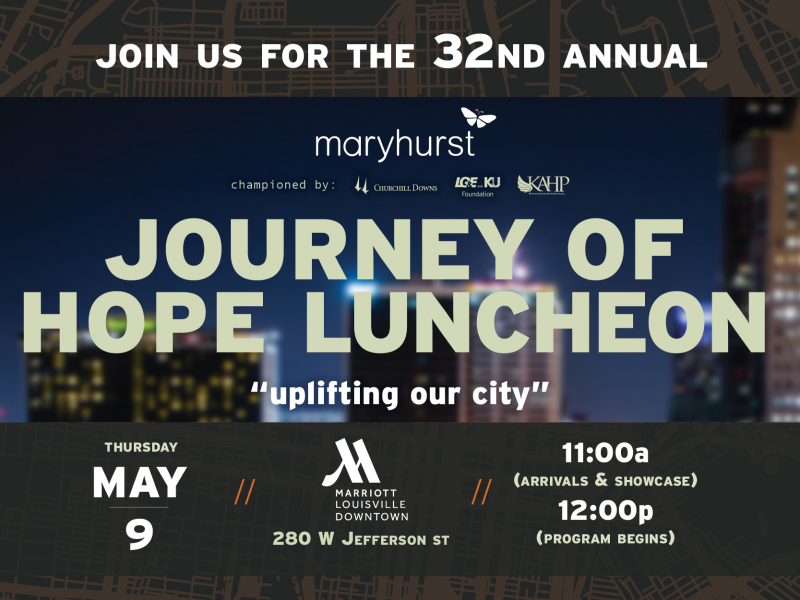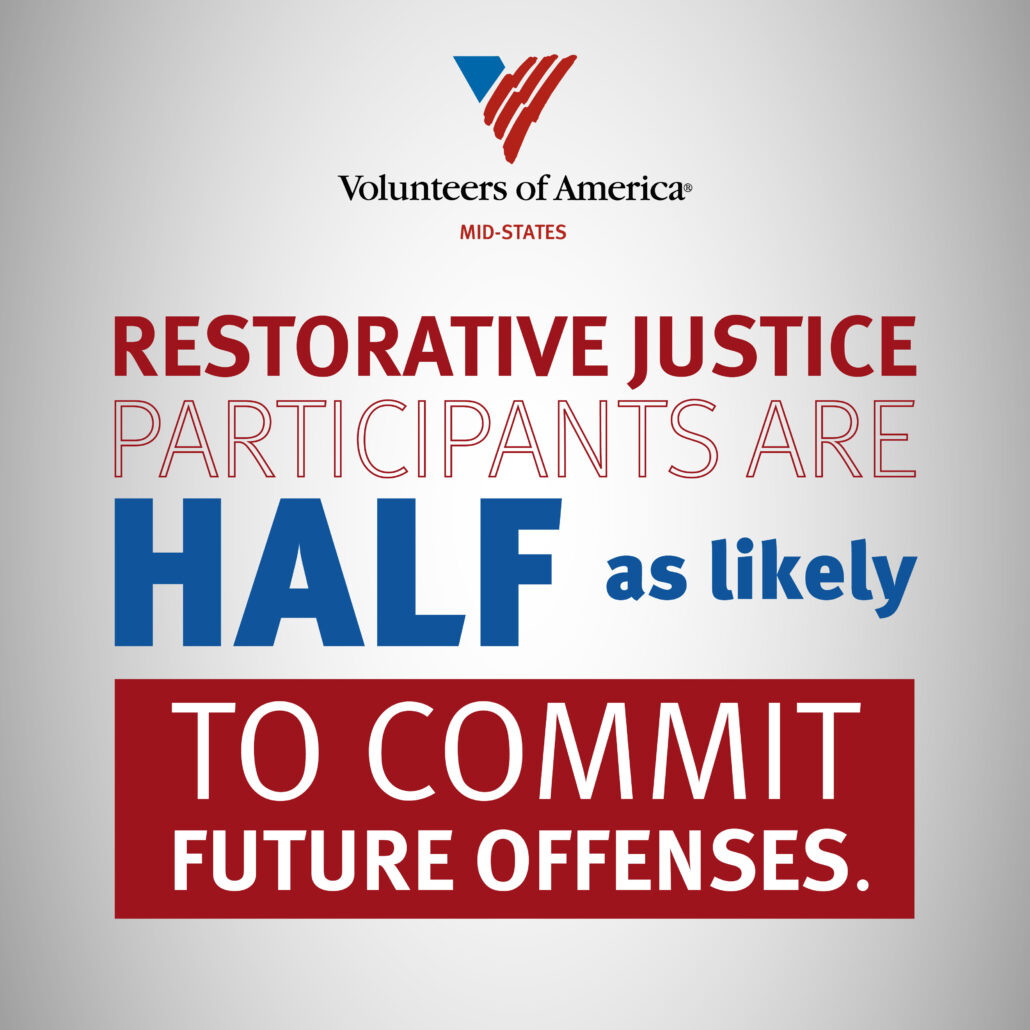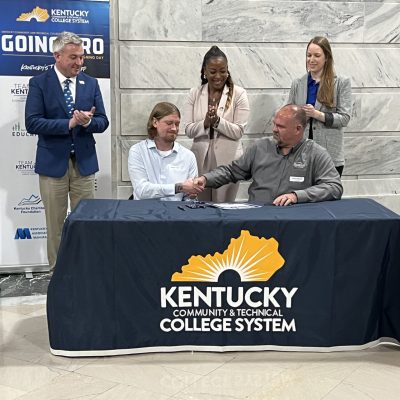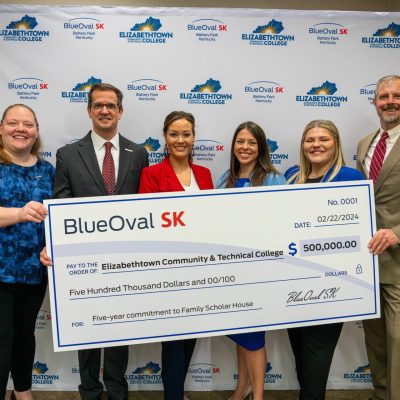By Stephanie Smith, Building Kentucky

During her senior year at Western Kentucky University (WKU), one of Madison Whittle’s professors approached her about serving on the Civic Imagination and World Building Team at the WKU Innovation Campus. The program is a partnership between WKU’s Potter College of Arts & Letters, the WKU Innovation Campus and the University of Southern California.
Whittle, the university’s first user experience (UX) bachelor of fine arts major, says, “I was the only student in the multi-disciplinary group that specifically honed in on Appalachian creators and the majority are working on their respective projects independently. There were six of us who gathered regularly to discuss all kinds of creative endeavors such as pop culture, transmedia and design thinking.”
She says, “My contribution to the Civic Imagination Incubator was that I created an app called ‘MUSER’ that generates heat maps based on frequency and duration of visitors’ behaviors as they navigate and the exhibit spaces. This then informs museums which exhibits are most and least popular, which opens the doors for improvements to the visitors’ experience.”
Whittle got to test MUSER at historic venues in the United Kingdom – the V&A and Tate Britain Museums, part of largest free public museum system in the world. She also visited and tested MUSER at the National Blues Museum, Missouri History Museum and the Soldier’s Memorial Military Museum in St. Louis, Mo.
Since graduating in May, she chose to stay close to home and works as a contractor for Metals Innovation Initiative (MI2) at the WKU Innovation Campus. Whittle also provides her services to Oria Health, a telehealth mental health care organization; Lunae LLC, a strategic management company and Gambit, a political mapping app for optimized campaign practices. The Innovation Campus is home to Oria Health and Lunae LLC.
According to Whittle, “User experience (UX) describes design that places the user at the forefront both functionally and visually as it pertains to interactive digital systems (websites, apps, touchscreens, etc.) Considering that most of our daily lives are becoming digitized, I would say that UX is going to grow exponentially within the next decade. We need UX now more than ever – with the new possibilities of AI alongside other similar technologies, we need to keep human needs at the core of innovation to avoid any negative outcomes.
Graphic design is the practice by which information is conveyed visually, such as through a poster, booklet or social media ad – most often for commercial purposes. UX is unique in that it is less of a practice and more of a philosophy or way of thinking. The variety of skillsets in the UX field are across the board. The field includes designers, programmers, psychologists, strategists and other professionals. This is because the theories behind UX must be applied to a concrete skillset to have an application. In my case, I create user interface designs for websites and apps (concrete skill) while using UX principles to ensure the most effective experience as the users interact with my product (abstract skill/way of thinking).”
She concludes, “The most enjoyable part of what I do is having the opportunity to help others through my creative skillset. Being able to elevate a brand through an improved website or bringing someone’s app idea to life has been an overall fulfilling experience for me, especially through working for non-profits and start-ups. Additionally, my work allows me to collaborate with clients as a consultant where I help with ‘bigger picture’ strategy in fields often unrelated to my own. I love solving problems and encouraging others to approach their own problems using design thinking.”
For more information visit https://www.civicimaginationproject.org/incubator










